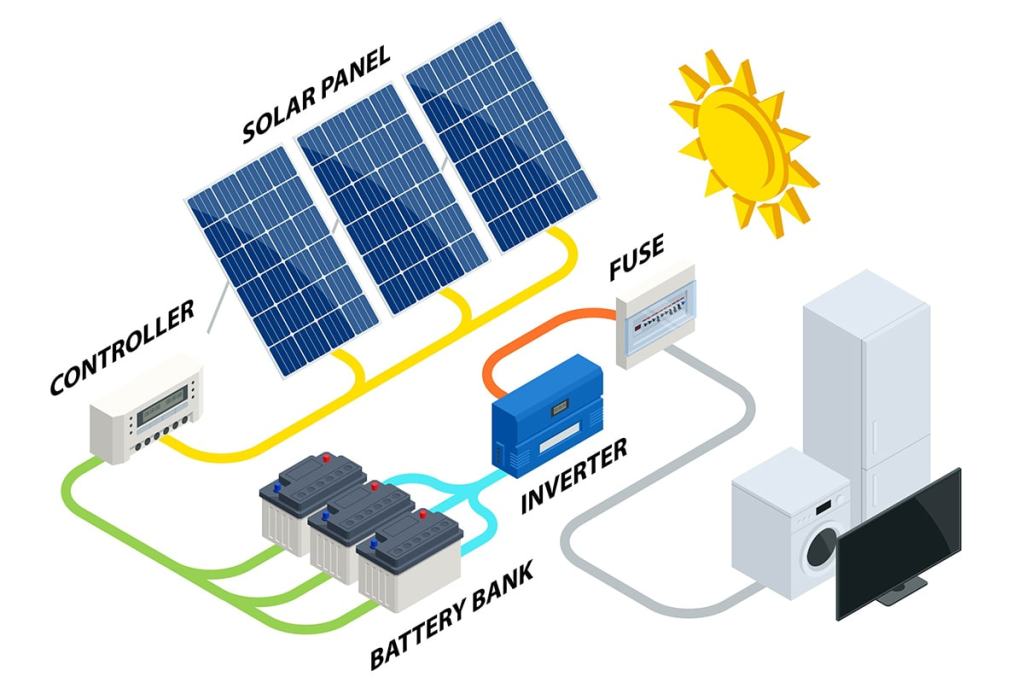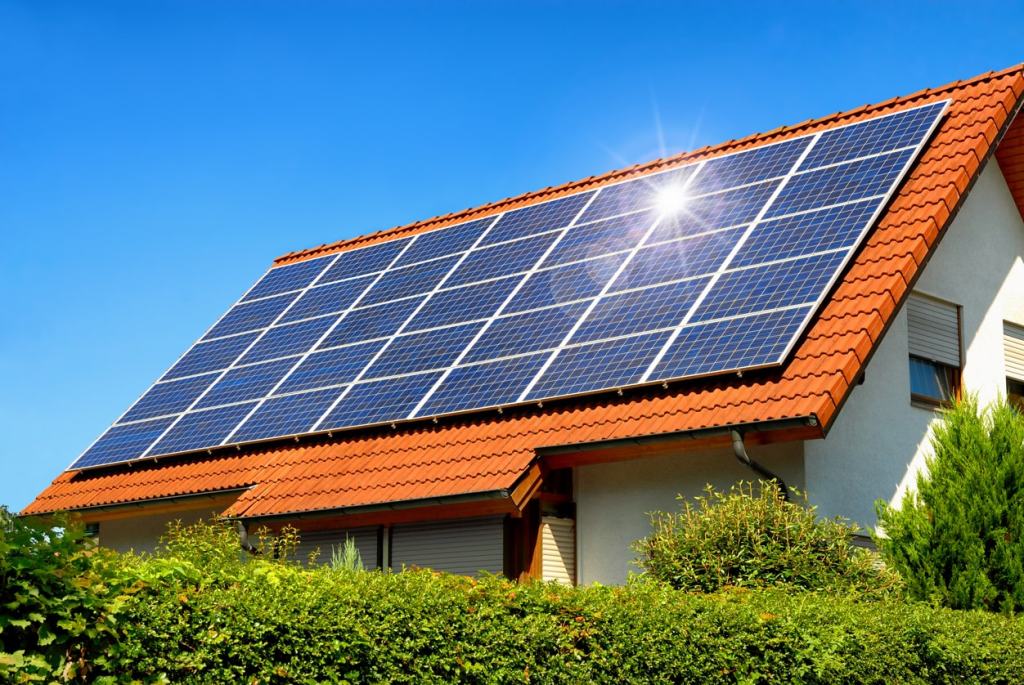Charge Control Units, especially in the context of renewable energy sources such as solar and wind power, are devices that ensure the safe storage, management, and utilization of electrical energy. These units typically serve as a means to direct energy generated by sources like solar panels or wind turbines to batteries or energy storage systems.

The primary functions and features of charge control units may include:
- Charge Management: Charge control units prevent overcharging or over-discharging of batteries, which extends their lifespan and ensures safe use.
- Energy Efficiency: These units manage charge and discharge processes as efficiently as possible to store energy from renewable sources in batteries.
- Protection Functions: Charge control units monitor and provide protection against dangerous situations such as overcurrent, overvoltage, short circuits, and overheating.
- Battery Status Indicator: They often include LED indicators or digital displays to inform users about the status of the battery.
- Data Monitoring and Logging: Some charge control units track and log energy production and consumption data, enabling performance analysis.
- Remote Monitoring and Control: Advanced models offer remote monitoring and control capabilities, allowing users to manage their systems remotely.
Charge control units are commonly used in off-grid solar power systems, wind power systems, recreational vehicles, marine vessels, and farms. These units promote energy independence and environmental sustainability by ensuring the safe and efficient utilization of renewable energy.


